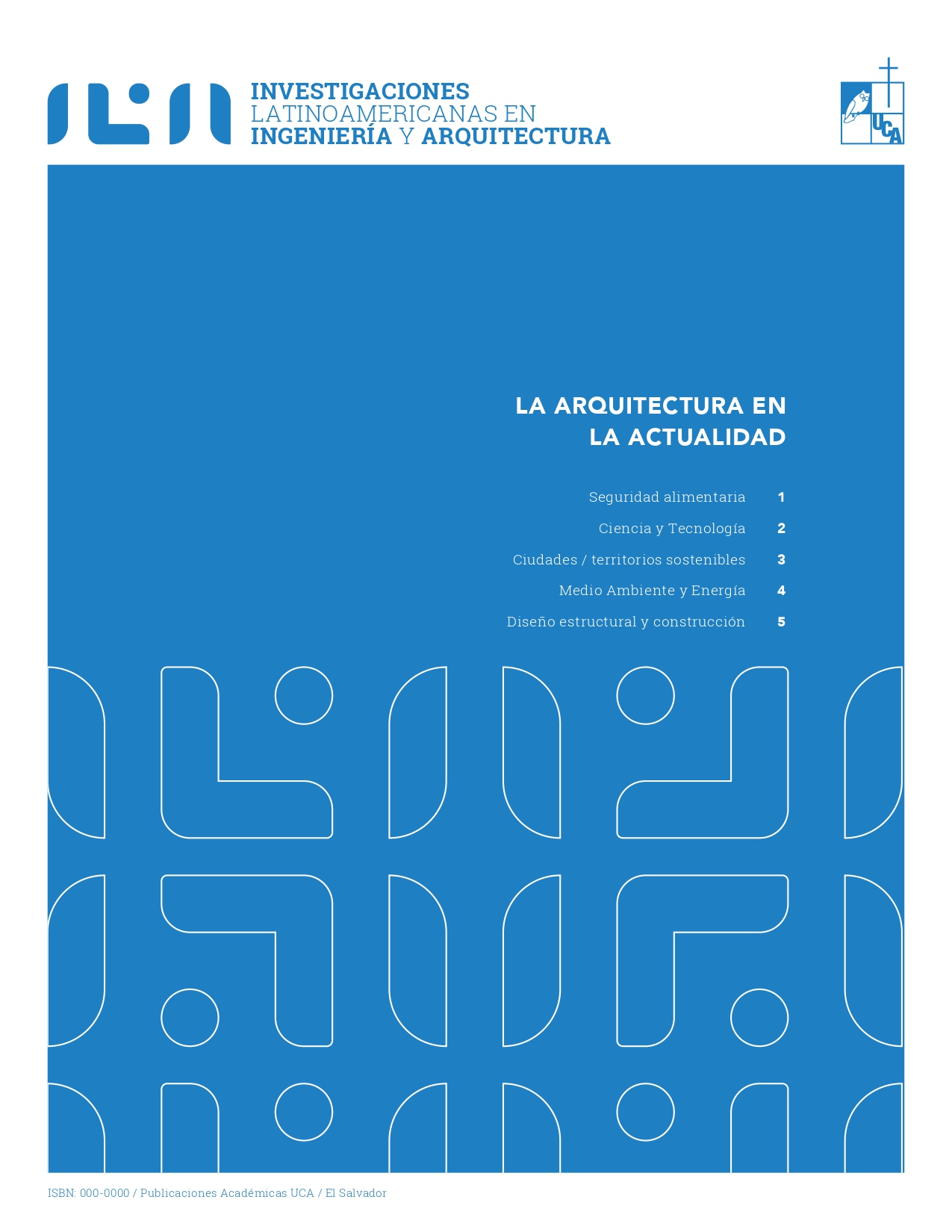Resumen
El presente artículo presenta un análisis cuantitativo y cualitativo mediante la aplicación de un cuestionario, que tiene como objeto identificar las cualificaciones que se requieren para los cargos en la industria de Logística y Transporte en el sector empresarial colombiano; identificando el nivel educativo para los diferentes cargos reportados por las empresas y presentando el rango salarial. Adicionalmente, se busca información sobre prácticas en el sector asociados al control de costos logísticos y una identificación de las competencias técnicas necesarias para adoptar la Logística 4.0. Se obtiene evidencia que, si bien el Marco Nacional de Cualificaciones para el sector de Logística y Transporte reporta cualificaciones necesarias hasta el nivel de pregrado universitario, en las empresas colombianas ya se cuenta con personal a nivel de maestría e incluso se empieza a ver niveles con formación doctoral. Adicionalmente, se reporta que las prácticas para el control de costos son los proyectos de mejora tanto en procesos como uso de tecnología y optimización.
ILIA: Investigaciones Latinoamericanas en Ingeniería y Arquitectura, No. 01, 2024: 140-145.
Referencias
Kucukaltan, B., Saatcioglu, O. Y., Irani, Z., and Tuna, O. “Gaining strategic insights into Logistics 4.0: expectations and impacts”, Production Planning & Control, 2022, 33(2-3), 211-227. Available: https://data.worldbank.org/indicator/NY.GDP.PCAP.CD
Nobrega, J. H. C., Rampasso, I. S., Sanchez-Rodrigues, V., Quelhas, O. L. G., Leal Filho, W., Serafim, M. P., and Anholon, R.” Logistics 4.0 in Brazil: Critical Analysis and Relationships with SDG 9 Targets.Sustainability”, 2021, 13(23).
Rejeb, A., Rejeb, K., Simske, S., Treiblmaier, H. and Zailani, S. “The big picture on the internet of things and the smart city: a review of hat we know and what we need to know”. Internet of Things, 2022, 19, p.100565 Available: https://en.wikipedia.org/wiki/European_Qualifications_Framework
Available: https://www.mineducacion.gov.co/1780/articles-363488_recurso_31.pdf.
Available: https://www.colombiaaprende.edu.co/sites/default/files/files_public/2021-08/cartilla-sector-logistica.pdf.
Golicic, S. L., Bobbitt, L. M., Frankel, R., and Clinton, S. R. “And who will teach them? An investigation of the logistics Phd market”, Journal of Education for Business, 2004, 80(1), 47-51.
Bourlakis, M., Sodhi, M. S., and Son, B. G., “The relative emphasis on supply-chain/logistics topics by UK industry in hiring postgraduates and by UK universities in teaching and research”, International Journal of Logistics Research and Applications, 2013,16(6), 506-521.
Oleśków-Szłapka, J., and Stachowiak, A. “The framework of logistics 4.0 maturity model. In International conference on intelligent systems in production engineering and maintenance”. (2018, September). (pp. 771-781). Springer, Cham.
Economic Development Board. “Skill for the Future: A Guide to Occupations and Skills”, 2017. Singapore Economic Development Board.
Stachowiak, A., Adamczak, M., Hadas, L., Domański, R., and Cyplik, P., “Knowledge absorption capacity as a factor for increasing logistics 4.0 maturity”, 2019. Applied Sciences, 9(24), 5365.
Sapper, S., Kohl, M., & Fottner, J., “Future competency requirements in logistics due to industry 4.0: a systematic literature review”. In 2021 10th international conference on industrial technology and management (ICITM), 2021, March, (pp. 94-105). IEEE.
PNUD, “Estrategias para el fortalecimiento del capital humano 4.0 en el Cluster de Logística y Transporte de Bogotá-región”,2021.
Rodriguez, J. P., “The distribution network of Amazon and the footprint of freight digitalization”. Journal of transport geography, 2020, 88, 102825. https://www.bloomberglinea.com/2022/04/26/how-have-latin-americas-most-valuable-listed-companies-fared-since-2012/.

Esta obra está bajo una licencia internacional Creative Commons Atribución-NoComercial 4.0.
Derechos de autor 2024 N. Rincón-García, J. Jarrin, D. Hidalgo, D. Bamford, M. Fontalvo (Autor/a)





